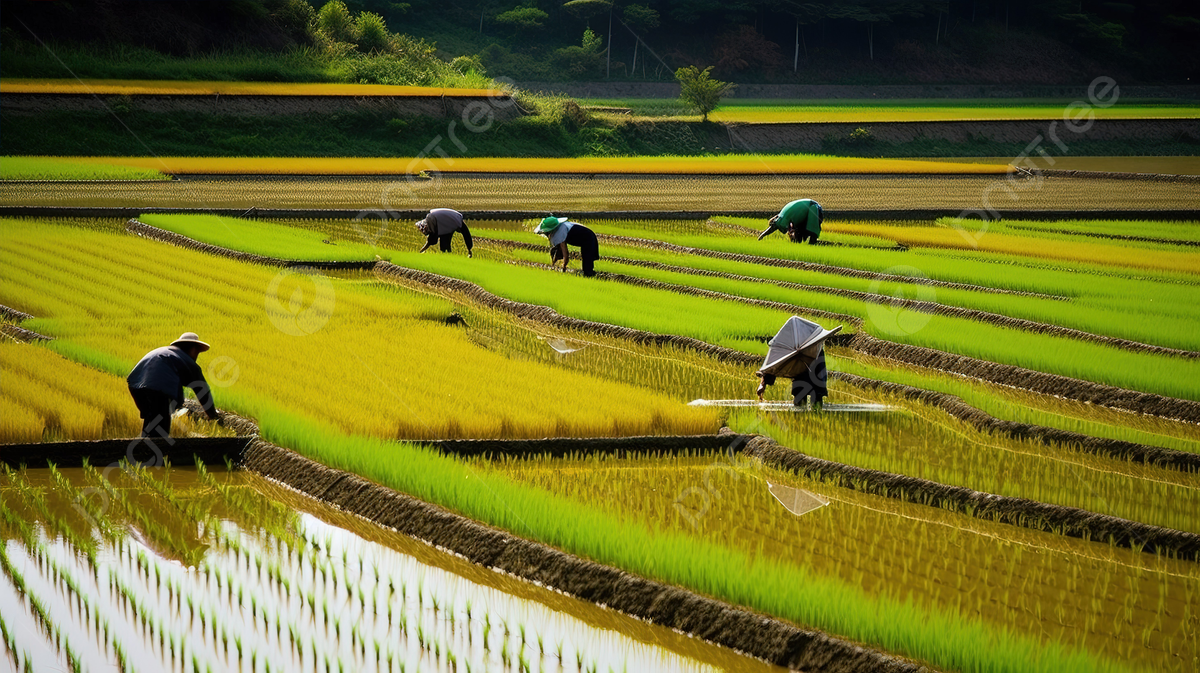The aftermath of COP29 in Baku highlighted a significant gap in global climate action, particularly in addressing emissions from the agri-food sector. As climate change accelerates, ASEAN nations have an opportunity—and responsibility—to spearhead transformative solutions in the region. By adopting agroecological policies and integrating them into Nationally Determined Contributions (NDCs), ASEAN can position itself as a leader in sustainable food systems.
Agroecology: A Pathway to Resilience and Sustainability
Agroecology offers a holistic approach to sustainable agriculture, emphasizing biodiversity, ecological health, and resilience against climate disruptions. According to the Agroecology Coalition’s Oliver Oliveros, Southeast Asia’s food systems contribute significantly to greenhouse gas emissions through livestock production, fertilizer use, and deforestation. Simultaneously, these systems are highly vulnerable to erratic weather and land degradation.
To address this, the 13 principles and 10 elements of agroecology aim to create nature-positive and climate-resilient food systems. For ASEAN, developing agroecological frameworks can align climate mitigation and adaptation goals with efforts to combat biodiversity loss and land degradation.
The Global Shift Towards Agroecological Strategies
Momentum for agroecological policies is growing globally. A study by WWF and Climate Focus reveals that 134 countries now address food systems in their NDCs, with 19 explicitly referencing agroecology. Africa leads by example, with Kenya and Tanzania launching national agroecology strategies that integrate climate-smart and sustainable practices. Similarly, Vietnam has incorporated agroecology into its long-term agricultural vision, demonstrating strong regional leadership.
ASEAN is also advancing agroecological policy guidelines to scale and fund transitions, supported by Vietnam’s commitment to becoming a hub for regional knowledge exchange. Initiatives like the Asian Development Bank’s (ADB) climate-food-nature nexus approach and Vietnam’s sustainable rice farming project underscore the potential of well-coordinated policies to secure both environmental and economic benefits.
Challenges and Opportunities in Climate Finance
Despite the promise of agroecology, funding remains a significant hurdle, especially for smallholder farmers who produce the majority of the region’s food. Participants at the COP29 side event emphasized the importance of channeling climate finance to marginalized groups, including women who comprise up to 80% of Africa’s agricultural labor force.
The ADB’s $1 billion annual commitment to supporting smallholders and commercial banks’ capacity to finance sustainable agriculture is a positive step. However, innovative mechanisms, such as repurposing agricultural subsidies and developing standards for sustainable produce, are crucial for scaling agroecological practices.
ASEAN’s Role in Leading Change
As ASEAN prepares to revise its NDCs for COP30, the region must integrate agroecological strategies into national policies. This shift will not only reduce emissions but also build resilient food systems capable of withstanding climate shocks. By championing agroecology, ASEAN can set a precedent for other regions, ensuring a sustainable future for Southeast Asia’s agri-food sector.
Relevance of Agroecology for ASEAN’s Future
Agroecology represents a transformative solution to the dual challenges of food security and climate change. Through inclusive policies, targeted financing, and regional cooperation, ASEAN has the tools to lead the agri-food sector into a sustainable era.
Read More






 Sunday, 01-03-26
Sunday, 01-03-26







